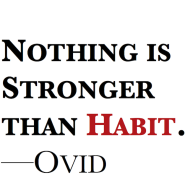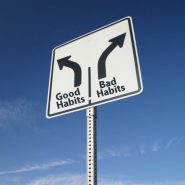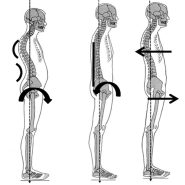Tag: back
By Selma Gokcen May 6, 2014
Subjects Playing Healthy
By Selma Gokcen November 26, 2013
Subjects Playing Healthy
Tags accuracy, act, Alexander Technique, attention, Awareness, back, blog, cello, cello playing, cellobello, detect your intention, discovery, distress, effect, effect on cello playing, effortless quality, experiment, familiar, fingers, Gokcen, Habits, head to toe, holding, motion, neck, neuromuscular system, our surroundings, overdoing, pack up our habits, position of rest, Preparation, response, response to life, Selma, sitting, solution, standing, successful functioning in daily activities, support, tension, the preparation phase of movement, well-practiced
By Selma Gokcen February 3, 2013
Subjects Playing Healthy
Tags Alexander Technique, animate, arms, attention, automatic movement, back, behave, brain, cello, cellobello, collapse, doing, exploration, feet, fingers, force, Gokcen, Habits, hands, laying on the floor, learning, legs, manifest, mental messages, music, music-making, nature, neck, Observation, overcome deeply ingrained habits, Pablo Casals, Patrick Macdonald, perceive, powerful expressiveness, pressure, primary information, process, pushing, re-education, react, rediscovering, Selma, shortcuts, shoulders, strain, stretching, the value of quietness, thinking
By Selma Gokcen November 5, 2012
Subjects Playing Healthy, Practicing
By Selma Gokcen May 18, 2011
Subjects Playing Healthy
Tags Alexander Technique, artistry, artists, back, balance, body awareness, Coordination, gestures, Gokcen, Habits, head, nature, productive, Selma, sensory awareness, Spine, sports, training





